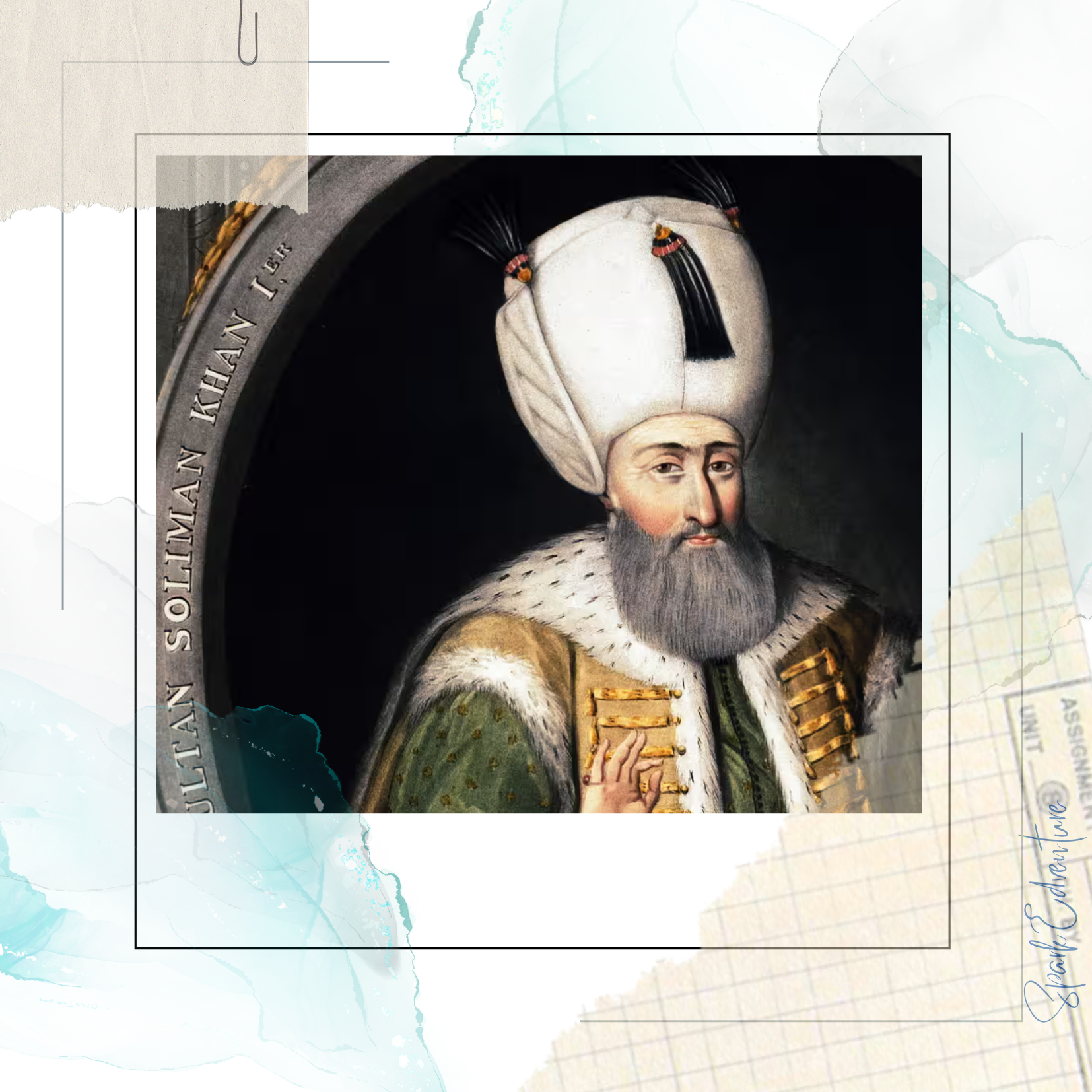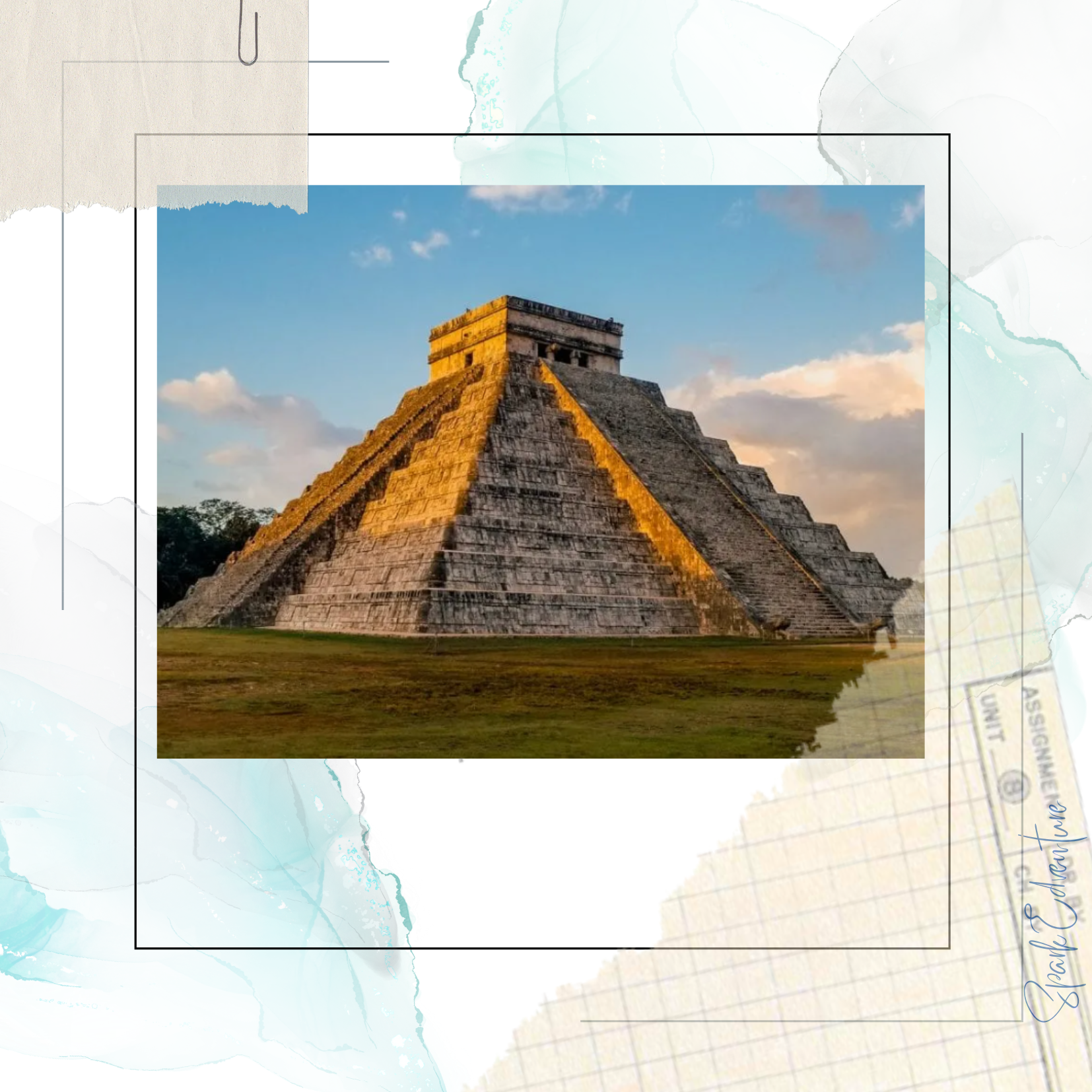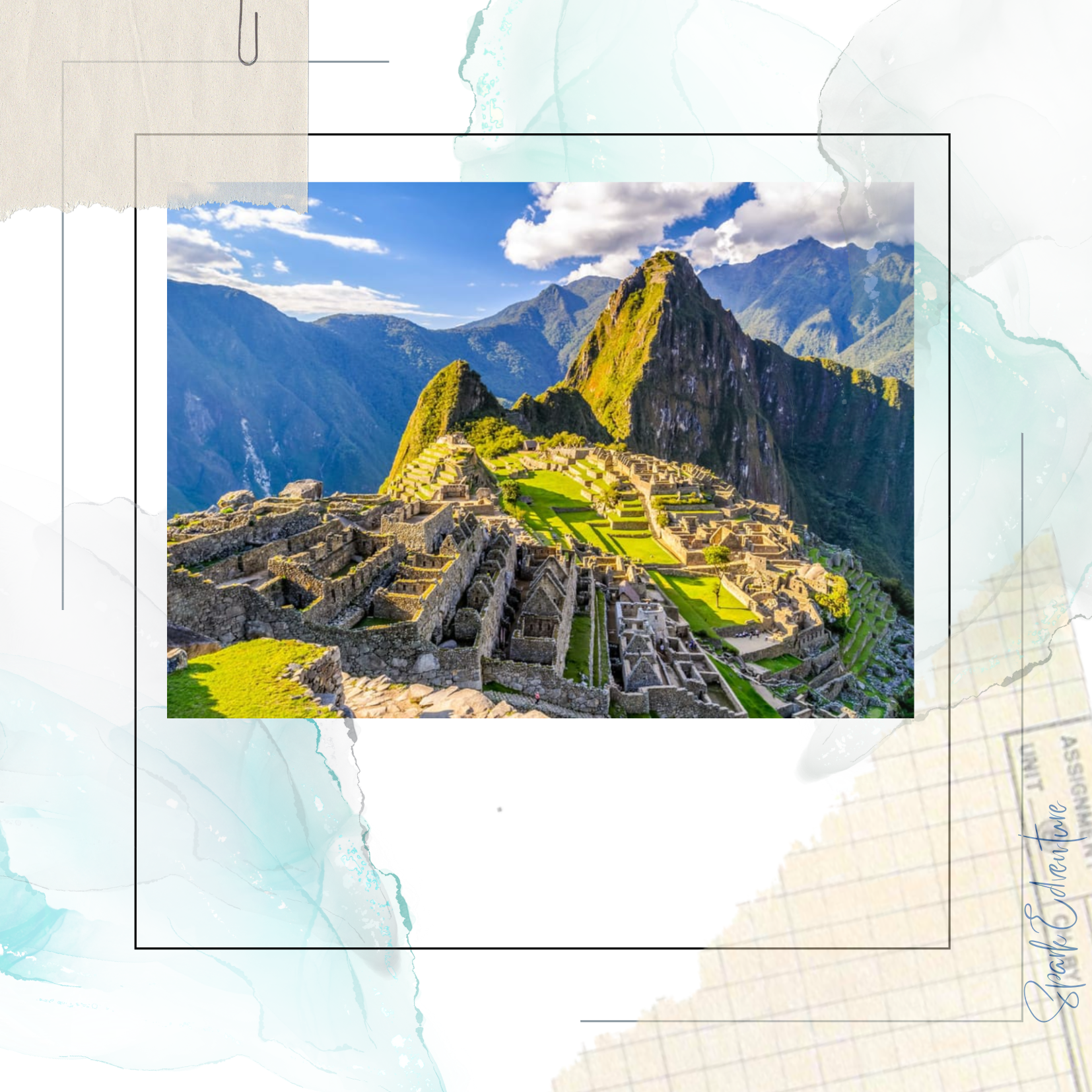
The Mongol Empire
At its height, the Mongol Empire was the largest contiguous land empire in history, stretching from the Pacific Ocean to Eastern Europe. Founded by Genghis Khan in 1206, it reshaped Eurasia through conquest, innovation, and exchange. The Pax Mongolica brought stability to the Silk Road, enabling unprecedented trade and cultural interaction. Despite their fearsome reputation, the Mongols fostered scientific advancement, religious tolerance, and international diplomacy—legacies that continue to shape our world today.

The Umayyad Caliphate
The Umayyad Caliphate (661–750 CE) played a pivotal role in shaping the Islamic world, expanding its reach from Spain to India and influencing diverse regions with its spread of Islamic culture, Arabic language, and scientific achievements. Known for its architectural masterpieces like the Dome of the Rock and its influence on the Golden Age of Islam, the Umayyads left an enduring legacy that continues to impact the Middle East, North Africa, and Spain. Their reign, though marked by internal tensions, was a key chapter in the history of Islam, laying the foundations for future intellectual and cultural developments.

The Holy Roman Empire
Spanning over a thousand years, the Holy Roman Empire was one of Europe's most influential political and religious institutions. Despite its decentralized nature and complex power dynamics, it shaped the laws, borders, and religious landscape of Central Europe. From the crowning of Charlemagne in 800 CE to its dissolution in 1806, the empire preserved classical traditions, navigated church-state tensions, and laid the groundwork for modern sovereignty.

The Ottoman Empire
The Ottoman Empire was a vast and enduring power that shaped the course of history across three continents for over 600 years. From its beginnings as a small Anatolian principality under Osman I to its peak under Suleiman the Magnificent, the empire combined military strength with administrative innovation and religious tolerance. Its strategic location controlled key trade routes between Europe and Asia, while its diverse population lived under a system that balanced local autonomy with imperial authority. Despite challenges and eventual decline, the Ottoman legacy remains deeply woven into the culture, politics, and history of the modern Middle East, Europe, and North Africa.

The Maya Civilization
The Maya developed a complex writing system, advanced mathematics, and a deep understanding of astronomy long before European contact. Their cities rivaled those of ancient Greece and Egypt. Though many sites were abandoned before the Spanish arrived, the Maya people, languages, and culture are still thriving today. From intricate glyphs to the enduring Haab’ calendar, their legacy continues to shape the region’s identity.

The Inca Empire
The Inca Empire mastered the mountains, creating an empire that thrived without writing, wheels, or money. Their road system, terrace farming, and centralized governance made them one of history’s most efficient civilizations. Though the empire fell to the Spanish in the 16th century, its influence still runs deep in the Andes and in modern indigenous culture.

The Aztec Empire
The Aztec Empire ruled central Mexico with military strength, religious conviction, and urban engineering. From chinampas to codices, their innovations shaped the region. Though the empire fell in 1521, Aztec influence is still woven into Mexican culture, food, and language. You can see their legacy in Nahuatl words, city layouts, and everyday traditions that have lasted for centuries.

The Roman Empire
The Roman Empire began as a small city-state and grew into one of the most influential civilizations in history, stretching from Britain to Egypt. Through military conquests, political maneuvering, and engineering innovations, Rome built a vast and lasting legacy. From Julius Caesar’s military campaigns to Augustus’ administrative reforms, the empire shaped governance, law, and architecture in ways that still resonate today. Roman roads, concrete structures, and gladiatorial spectacles were defining features of its culture, while internal struggles and external pressures eventually led to its decline. Explore the rise, achievements, and lasting impact of an empire that continues to shape the modern world.

The Persian Empire
The Persian Empire was a powerhouse of innovation, military strategy, and cultural tolerance. From Cyrus the Great’s policies of inclusion to Darius’s masterful administration and Xerxes’s ambitious military campaigns, Persia shaped the course of history. Its contributions to governance, architecture, and infrastructure continue to influence modern civilization.

The Greek Empire
Ever wondered how a handful of city-states—Athens, Sparta, and Corinth—shaped the course of history? In Ancient Greece, fierce rivalries led to groundbreaking achievements in philosophy, politics, and culture. Thinkers like Socrates, Plato, and Aristotle laid the foundation for Western thought, while Athens pioneered the concept of democracy that still influences political systems today. Discover the military genius of Alexander the Great, whose conquests spread Greek culture across three continents, blending it with local traditions to create the Hellenistic era. From the architectural wonders like the Parthenon to the birth of modern philosophy, explore how Greek ideals continue to resonate across the ages, shaping the world we live in today.

The Egyptian Empire
The Egyptian Empire, centered along the Nile, was a civilization of innovation and power that lasted thousands of years. From the great pyramids to complex governance, Egypt’s influence extended far beyond its borders. Its religious beliefs, monumental architecture, and centralized rule set a standard for later empires and continue to inspire us today.

The Indus Valley Civilization
The Indus Valley Civilization, with its advanced cities, trade networks, and technological innovations, laid the foundation for urban life in ancient India. Despite its mysterious decline, its influence can be seen in later cultures across the Indian subcontinent, and the achievements of this civilization continue to intrigue historians and archaeologists today.

Empires: The Rise, Legacy, and Lasting Impact of History’s Greatest Powers
Empires have shaped the course of history, defining borders, spreading religions, and influencing languages that persist today. From the military conquests of Rome to the legal codes of Mesopotamia, empires expanded through strategy, governance, and cultural integration. But no empire lasts forever—economic struggles, internal conflicts, and external invasions have brought down even the most powerful civilizations. This article explores what makes an empire rise and fall, the innovations they left behind, and how their legacies continue to impact the modern world.
